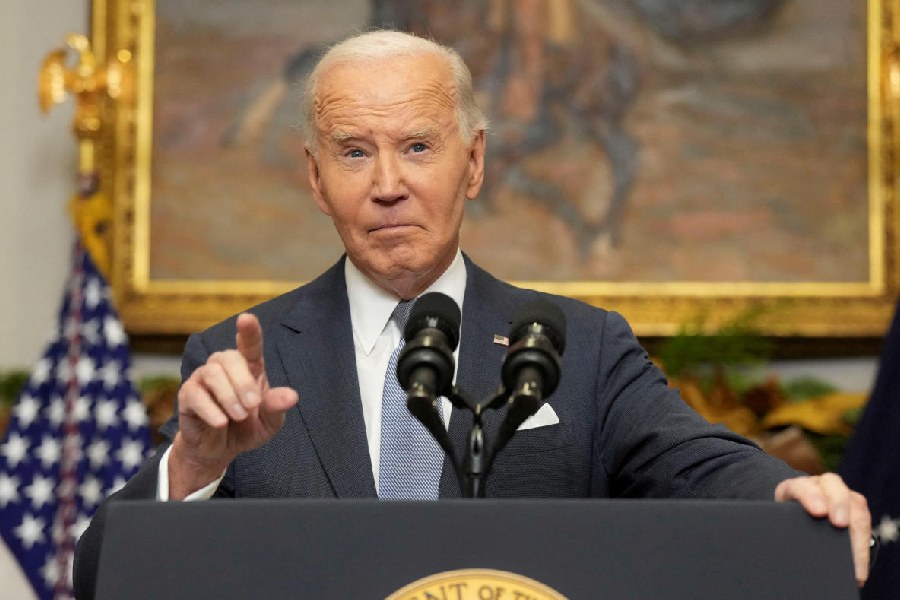A plan of action to counter hatred of any kind is always positive. The American government recently released its first-ever national strategy to counter Islamophobia and anti-Arab hate. Its origins lie in the Joe Biden administration, after the efforts to address anti-Semitism. The strategy to combat Islamophobia, however, exhibits a comparatively recent awareness of the dangers accompanying the intractable hostility towards the followers of another religion. Violence, bias, discrimination and threats against Muslims and against Arabs for simply being who they are have intensified in the United States of America in recent times. In 2023, a six-year-old American Muslim boy of Palestinian extraction was stabbed to death. Ironically, Israel’s war in Gaza exacerbated parallel hostilities against Jews and against Muslims and Arabs. The new national strategy has 100 steps to be undertaken by the executive branch with four main goals. These include increasing awareness of hatred against Muslims and American Arabs and inducing recognition of the heritages of both communities and their contribution to building the country; improving their safety and security; addressing discrimination against them and ensuring accommodation of their religious practices, and building cross-community solidarity and collective action.
The conception and intention are laudable, although it could be asked how much the State can do — except perhaps improving security and safety to some extent — to counter hate. Allied to it is the issue of the State’s complicity, as would be the first question in India. Positive steps are good, but even then, is selecting one form of hatred or bias not discriminatory on another level? There are so many forms of hostility, bias, exclusion and repressive silence with regard to different creeds, sects, sexualities, colour and ethnicities. Choosing one out of all these — the US has many — for a separate strategy would make this the most important bias of all and might obscure the others. After all, the ‘Black Lives Matter’ movement developed as recently as 2013 as a protest against racism, inequality, discrimination, police brutality and violence. Then again, one million American Indians live on reservations with little said about their existence in areas close to toxic sites, subject to lawlessness, alcoholism and gang violence. Trying to counter one kind of hostility should not cover up the need for more such action.
The importance of the US’s strategy to counter Islamophobia lies in alerting the whole world to one of the most widespread biases of contemporary times. If the awareness leads to self-searching and thoughtful steps by other governments much will have been achieved. At the same time, the US and other countries should look to countering all forms of hatred; if necessary there should be strategies for that either separately or all together. The American national strategy itself expresses the possibility of this larger goal when it calls upon all who seek to build unity to introduce initiatives that underline people’s common humanity and ensure “equal justice, liberty, and security for all”.











